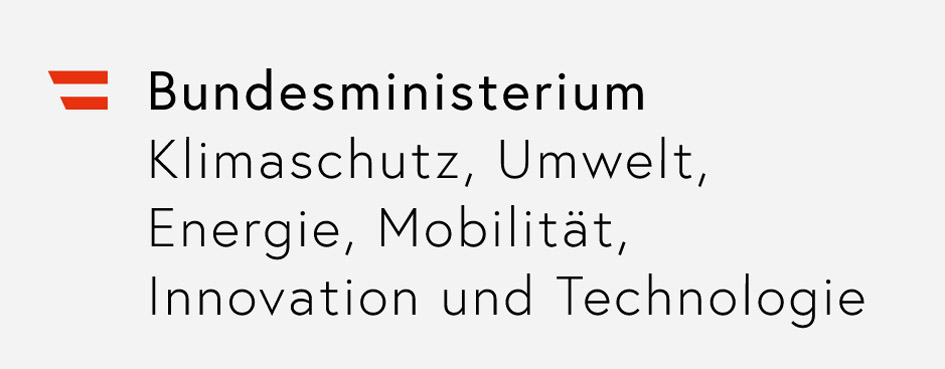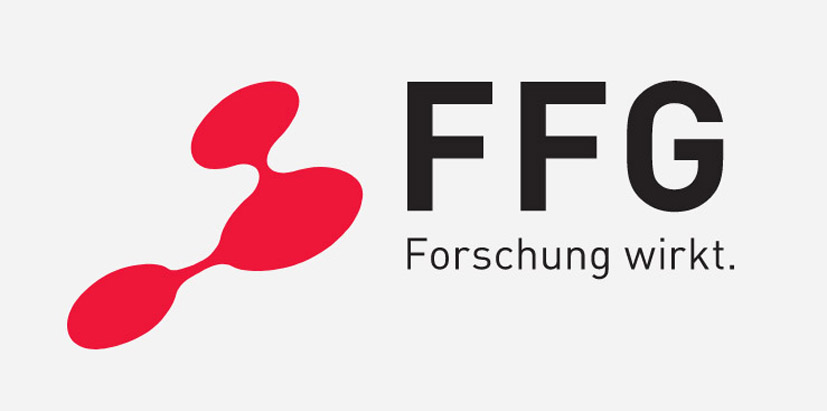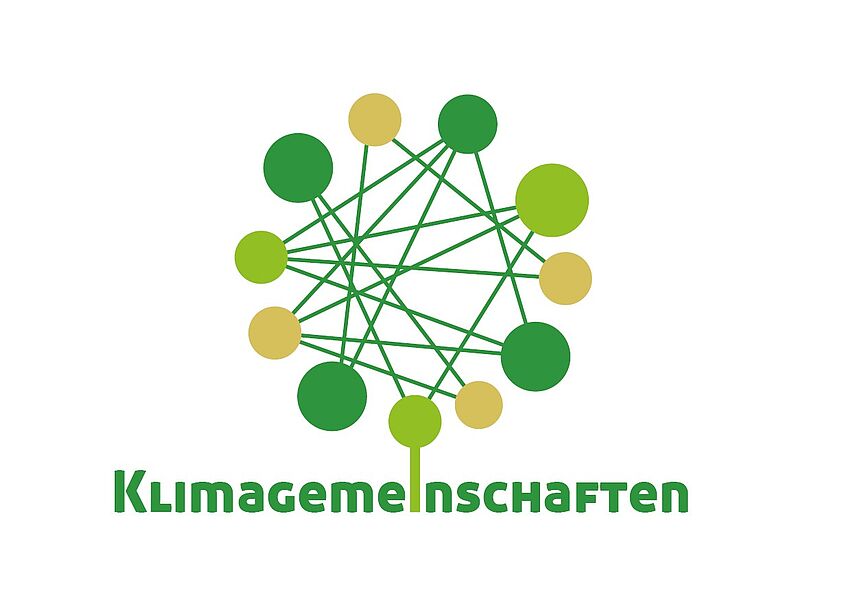This is where the research project comes in: to develop innovative and holistic refurbishment solutions for selected example neighbourhoods of small and medium-sized municipalities, which use today's technical possibilities and draw economic and ecological advantages from an interconnected district energy system - and in such a way that owners and inhabitants can see an advantage in it. We call them "climate communities".
The concept of the climate community is a bundling of different ambitions related to the achievement of our climate goals: It bundles political, communicative and knowledge-based elements. Climate communities exemplarily fulfill the future requirements in a climate-neutral Austria and offer solutions that do not require expensive retrofitting in ten years. To ensure this, the project is developing a methodological framework for evaluating and verifying this "climate fitness".
To ensure that these exemplary individual solutions can be multiplied across Austria, the country’s municipalities will first be subjected to a qualitative and quantitative analysis to identify the most typical renovation cases and classify them in a typology.
Based on this, an easy-to-use web tool will be developed that can identify suitable areas in any municipality to which at least one of the "climate community" concepts can be applied. For this purpose, only data that is already available to the municipalities today or that is derived from it in the project will be used in order to link to existing processes and procedures in the best possible way and to reduce the additional effort for replication.
The data created in the process for the energy planning classification of settlement structures and the methods themselves are made available to the general public as open data and open source so that future research and development projects, service providers and planners can also benefit from the project results.
The direct proximity of mayors, municipal councillors and the municipal administration is used as an essential link between citizens and the state organization: Especially in the case of smaller municipalities, the necessary measures for decarbonization can be accelerated and multiplied using the method of climate communities.
Climate communities
Climate-fit neighbourhood solutions for refurbishment in smaller towns
On the way to climate-neutral cities there is a lack of concrete, climate-friendly renovation solutions that can be widely applied. Small and medium-sized municipalities in particular play a key role here: 60% of the Austrian population lives in municipalities with less than 20,000 inhabitants. Small municipalities have flatter decision-making structures and a tighter distribution of competencies, and yet they must be able to implement innovative concepts for decarbonization in their existing neighbourhoods. Central solutions such as renewable local/district heating are usually not economically viable here.
ResearchPassivhaus & Plusenergie GebäudeSmart CityRenovation
Project team
Fachhochschule Technikum Wien (Lead)
IBO – Österreichisches Institut für Bauen und Ökologie GmbH
Research period
September 2023 – August 2026
Funding Institutions
Die Ausschreibung „Technologien und Innovationen für die klimaneutrale Stadt“ ist Teil des FTI-Schwerpunkts „Klimaneutrale Stadt“ des Bundesministeriums für Klimaschutz, Umwelt, Energie, Mobilität, Innovation und Technologie (BMK). Die Abwicklung erfolgt im Auftrag des BMK durch die Österreichische Forschungsförderungsgesellschaft (FFG) gemeinsam mit der Austria Wirtschaftsservice Gesellschaft mbH (AWS).





